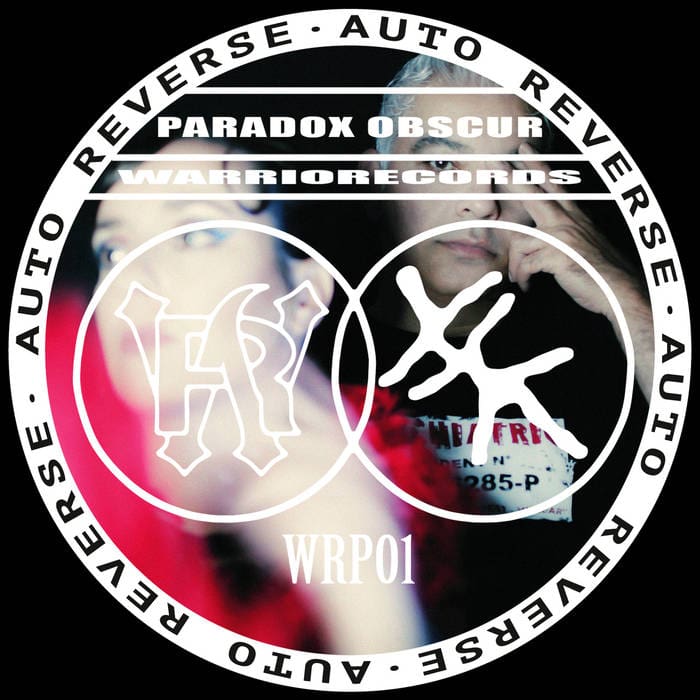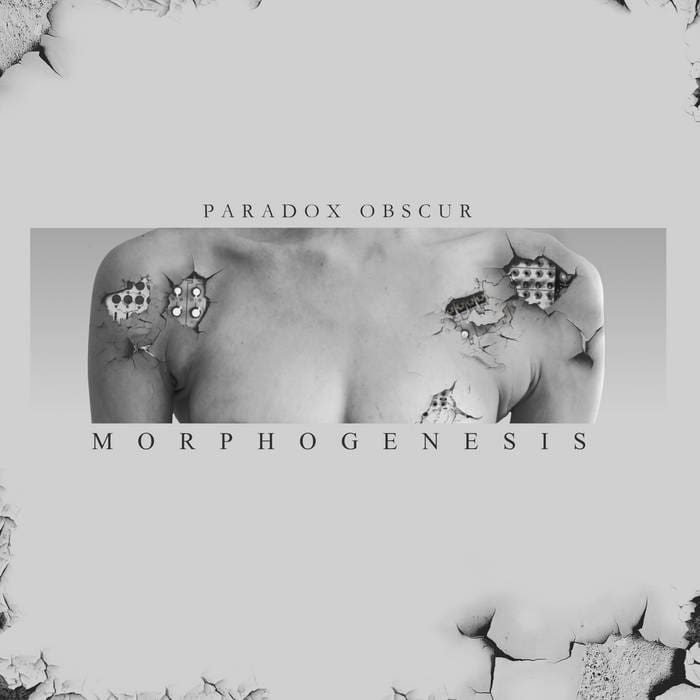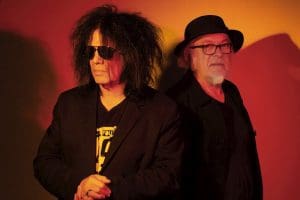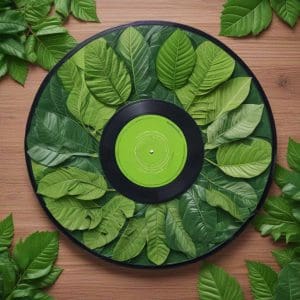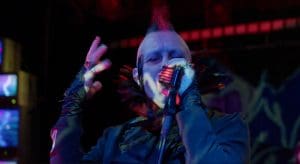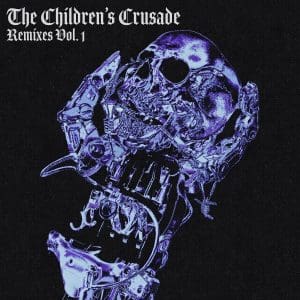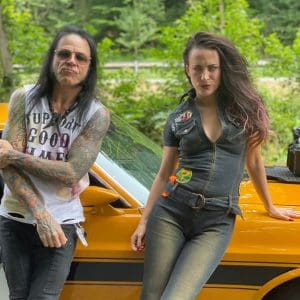Paradox Obscur interview on the age of hyper-consumerism and more
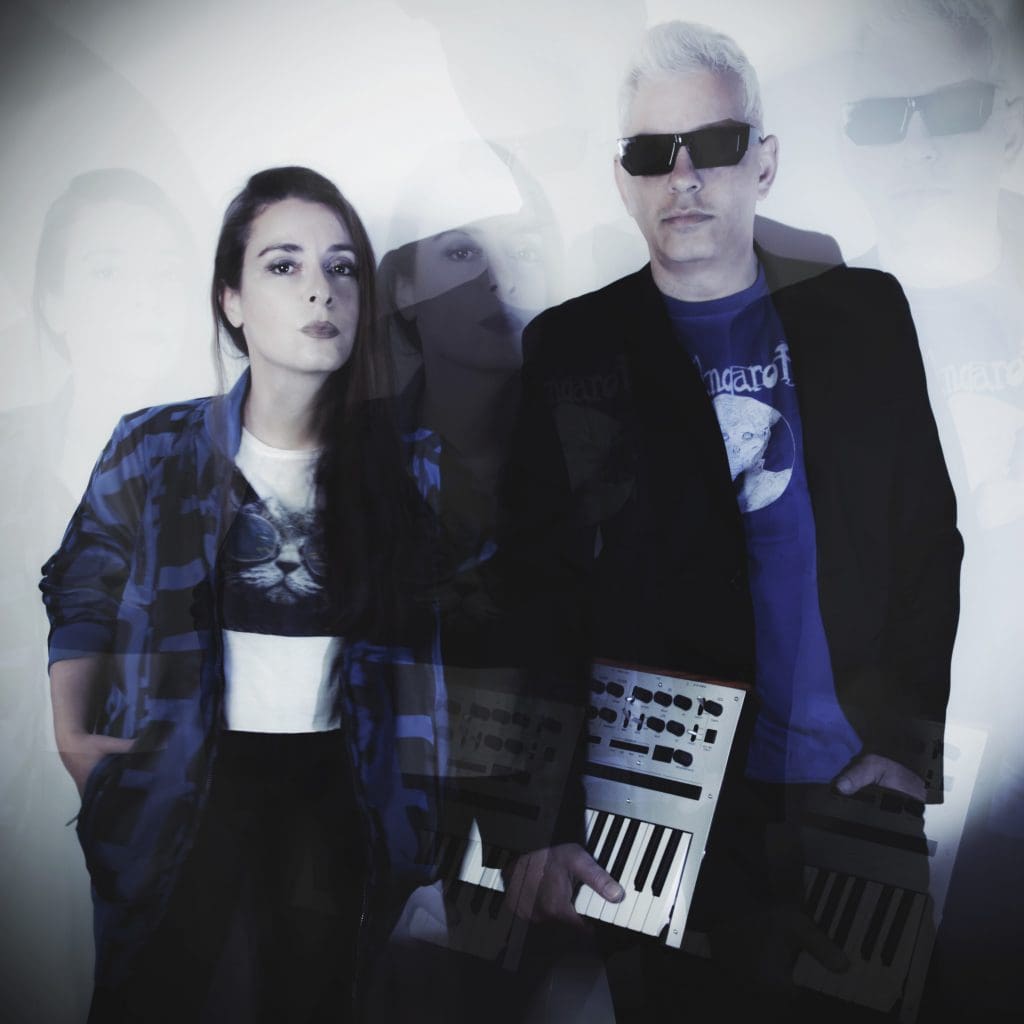

Paradox Obscur click interview on the age of hyper-consumerism
The Greek duo Paradox Obscur is driven by Toxic Razor and Kriistal Ann. In less than ten years they never stopped to take me by surprise. First there’s this sterile, Cold/Wave-Pop sound and next there’s the magic of Kriistal Ann’s unique timbre of voice. Great albums have been released on different labels like Peripheral Minimal, Young & Cold Records and now Metropolis Records. “Morphogenesis” sounds to me as their most accomplished piece of music although holding on the minimalism which makes this band that particular. I asked a few questions to both protagonists.
(Courtesy by Inferno Sound Diaries)
Q: You released an impressive number of productions (albums & singles) since 2014. How would you analyze the evolution of the band, your way of working and the global production?
TR: All releases reflect a corresponding period for Paradox Obscur as we always try to take it one step further from previous works and delve into new things.
KA: I believe that it takes strong principles to survive in the music industry and to keep your dignity as an artist. The age of hyper-consumerism has turned art into an inferior product. An artist is forced to become a production machine in order to keep his work relevant and sustainable. This is how we often see the phenomenon of saturation, endless new musical imitations and productions that have nothing to do with music but image, publicity in social networks and the plastic ephemeral quality to which the system and by extension humanity has fallen.
Q: What makes the chemistry between both of you? And can you enter into details about your way of working together and the different stages to achieve an album?
TR: Working together is an exchange of ideas and thoughts when it comes to composing new material, it always depends on the nature of each track and what vibes we need to express, but eventually a tune shapes its form on its own and from there we follow.
KA: We are one of the lucky cases as our needs go hand in hand in a wider framework of creative expression. We broadcast on the same wavelength and each gives form to the other’s ideas.
Q: What did you try to express by the title of the new album “Morphogenesis”? It’s interesting to consider this title as a metaphor to your music and especially the way of composing music in real time. What is it all about?
KA: The choice of the title “Morphogenesis” was made due to its Greek root (from the Greek morphê shape and genesis creation, literally ‘the generation of form’).
In recent years we have been trying to use Greek words for our album titles, because we admire ancient philosophies and de-symbolisms. Essentially, the meaning of the title here is not so much based on common scientific terminology as on Morphogenetic Fields (which are invisible blueprints for the forms embodied in the material world) as we are all part of this system, exchanging information and experiences.
The songs step on the structure of successive phases where one takes elements from the other, but retains their own character as they reflect musically and lyrically the modern society which completely devalues the spiritual power as it goes to its complete robotization.
Q: I experienced “Morphogenesis” as your most elaborated album to date. How do you look back at the composing process? What have been the main challenges and difficulties plus the main points of satisfaction? And are there still aspects you would like to change/improve at the next work?
TR: “Morphogenesis” is the follow up to “Synθesis”-LP, a natural progression with an updated production, however, I don’t believe that the band’s sound is reflected 100% to any of our releases since we always want to try different things under the Paradox Obscur prism.
We are already working on some new material and we want to pursue with more groove in our compositions while maintain a more organic essence to the sound, underlined by eerie analog textures.
Q: Two months before the album you self-released the single “Intercourse” which I think is an essential production and still fully representative for the duo you are. Two great and exclusive songs but what make them different from the album? And what means this DIY (do it yourself) approach to you?
TR: “Intercourse” was composed after the “Morphogenesis”-recording sessions were finished and “Glow” wasn’t intended to be listed as a Paradox Obscur song, but after the warmth recommendation from Kriistal Ann we decided to include it as a B-Side.
DIY to us simply means that we can release whatever we feel to without any deadlines.
A reason also for working on these small EPs in between the albums is to explore new sounds and aesthetics and try different ways of orchestration.
KA: The economic and cultural hardship forces you to get used to doing almost everything alone. What is certain is that if you want to have your own recognizable and characteristic sound, you should be on top of your work constantly with the corresponding passion.
Q: I think you were looking forward to get back on stage again. How important are live shows to you and how do you transpose the ‘in real time’ writing process from the studio to the stage?
KA: The live performance is essentially the last process of productive creation from which a band receives its reward from the interaction with the audience. It is an important point that can lift you up or bring you head-on with the result of your project.
TR: Live shows differ a lot from the studio sessions where we can have all our gear at our disposal, while playing live it makes it harder to carry all the equipment we’d like to. In the studio things can be shinier though we prefer to add a bit of dirt from time to time, evoking a blaze of raw emotions which tend to fall next to our live performances.
Since you’re here …
… we have a small favour to ask. More people are reading Side-Line Magazine than ever but advertising revenues across the media are falling fast. Unlike many news organisations, we haven’t put up a paywall – we want to keep our journalism as open as we can - and we refuse to add annoying advertising. So you can see why we need to ask for your help.
Side-Line’s independent journalism takes a lot of time, money and hard work to produce. But we do it because we want to push the artists we like and who are equally fighting to survive.
If everyone who reads our reporting, who likes it, helps fund it, our future would be much more secure. For as little as 5 US$, you can support Side-Line Magazine – and it only takes a minute. Thank you.
The donations are safely powered by Paypal.

